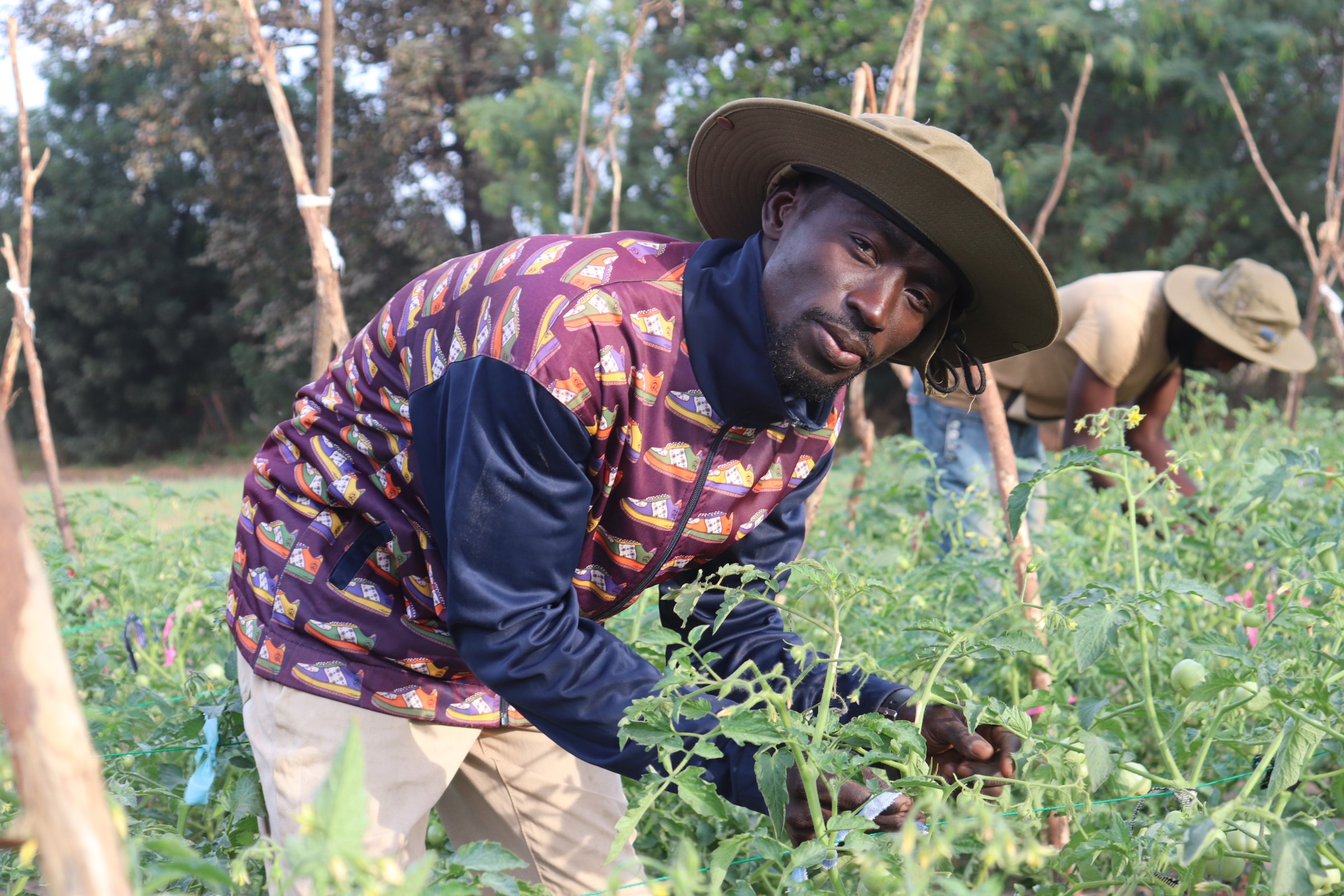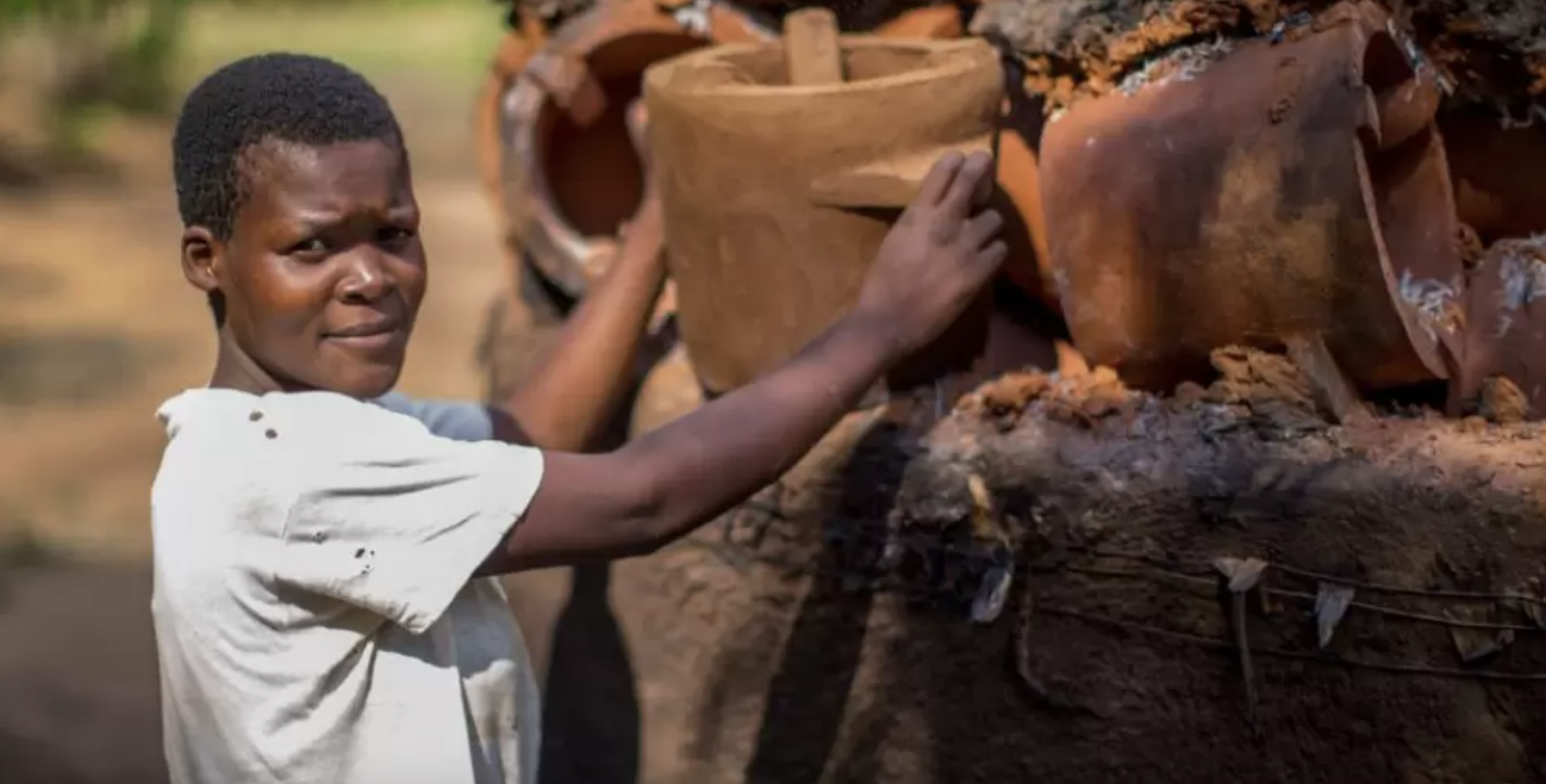Steve Harknett, UP's Global Advisor in Sport for Development and Peace, shares a lively account of a netball tournament in Zambia – and explains how the sport is being used to promote women's rights.
On a dusty netball court in Chawama, on the fringes of Zambia’s capital city, Lusaka, 150 girls tussled it out today to be champions in a tournament held to celebrate International Women’s Day. The tournament came near the end of a five-year project, Go Sisters, funded by United Purpose and delivered by a Zambian sport for development organisation, EduSport. Over the five years, EduSport has combined football and netball coaching with education and training for vulnerable girls and young women, on topics such as rights, sexual health and the environment.
Girls and young women in poor urban communities such as Chawama often have limited life opportunities, which Go Sisters is addressing through providing this informal education, and also opportunities in formal education and income generation.
The International Women’s Day tournament began with educational talks and games, organised by young women trained by EduSport as Peer Leaders, on the subjects of cholera, hand-washing and environmental health. Lusaka has recently suffered a cholera outbreak, particularly endemic in informal settlements like Chawama with poor sanitation, which has killed dozens.
After these education sessions, the serious business of netball began – and United Purpose’s Sport for Development Advisor demonstrated his ineptitude by missing the basket in a shoot-off at the beginning of the first match! While the tournament was exclusively for girls, there were many boys and young men in the crowd, which showed how women’s sport is gaining prominence in Zambia.
EduSport has also experimented with mixed-gender teams, which helps to create mutual respect between the genders.
The Go Sisters project has been all about fostering girls’ personal growth and development. As well as developing girls to become Peer Leaders, the project has enabled them to develop business skills, advance in education and obtain employment. Being part of a sports team has also given the girls positive peer influences and provided diversion from the unhealthy lifestyles common in Zambia, such as under-age drinking, smoking and sex, which can lead to early pregnancy and school drop-out.
Some young women who have passed through the Go Sisters programme are now teachers, or have started small businesses, and one is now working for the BBC in Zambia. Some young women have also been selected to play for the national women’s football team. In a country like Zambia where women often face inequality, Go Sisters has given an important boost to many young women.
There was still one noticeable sign of inequality, however, in the netball tournament – all the teams were coached by men, and the referees were also men. EduSport staff spoke of the need for an additional push needed for young women to gain the assertiveness and leadership skills to become netball coaches. Despite the advances made in women’s equality in Zambia through Go Sisters, there is still work to be done.
Go Sisters is funded by Comic Relief.














